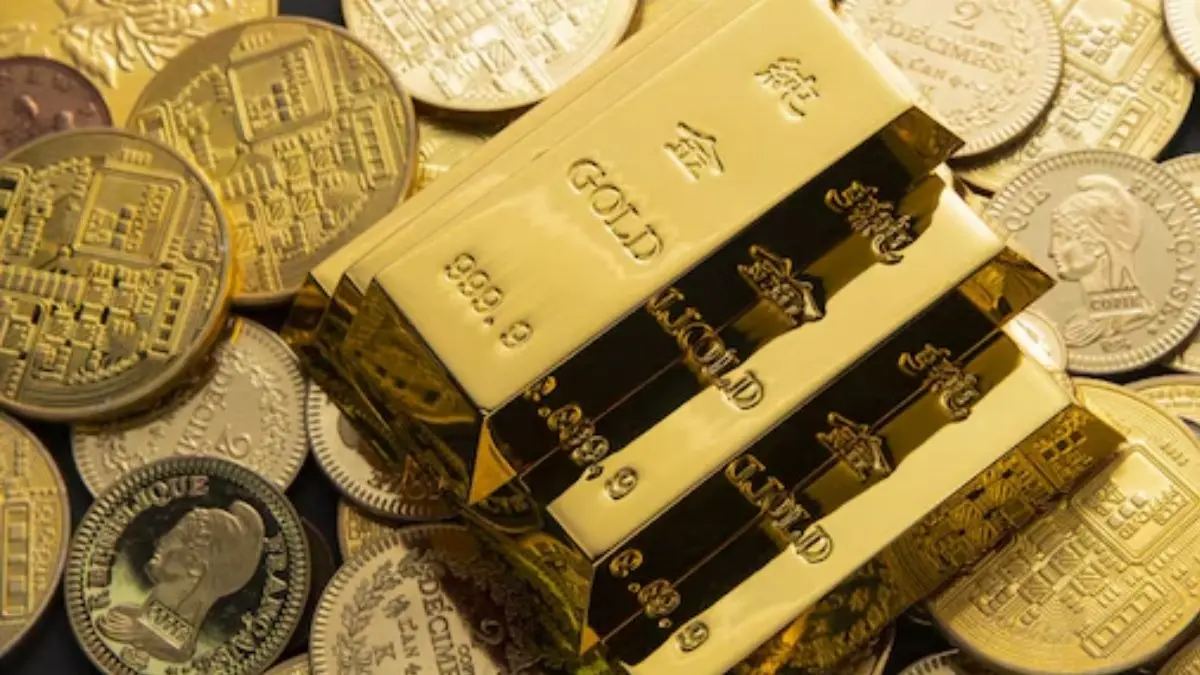Updated 16 June 2025 at 18:17 IST
Why The Israel-Iran War Is Making Gold More Expensive In India
The ongoing conflict between Israel and Iran is sending shockwaves through the global economy, and one of the clearest signs of this impact is the skyrocketing price of gold.
- Republic Business
- 3 min read

The ongoing war between Israel and Iran is not just a regional fight—it’s shaking up the entire world economy. One of the clearest signs of this impact is in the rising gold prices in India.
Gold Prices Cross Rs 1 Lakh Mark for the First Time
For the first time ever, the price of gold in India crossed Rs 1 lakh per 10 grams in the futures market. This happened recently after Israel launched airstrikes on Iran’s nuclear and military sites, and Iran responded with missile attacks.
According to MCX (Multi Commodity Exchange) data, gold futures settled at Rs 1,00,276 per 10 grams last week. The jump in price is not just due to demand in India but part of a global trend caused by fear and uncertainty.
Why Do Gold Prices Go Up During Wars?
When global tensions rise—like during a war—people and investors rush to buy gold. Why?
Advertisement
Gold is seen as a safe-haven asset.
That means when other markets—like stock markets or currencies—become risky, people move their money to gold because it holds value better in a crisis. This leads to increased demand, which pushes gold prices higher.
What Is Driving the Panic?
The Israel-Iran war is raising fears of a bigger conflict in West Asia (Middle East), which could:
Advertisement
Disrupt oil supplies through the Strait of Hormuz—a key route for global oil trade. Causes global energy prices to rise, leading to inflation. Shake up stock markets and weaken currencies like the Indian Rupee. All of this adds to the economic uncertainty, encouraging people to buy gold for safety.
How Is It Affecting Indian Buyers?
The sudden spike has made jewellery more expensive for ordinary Indian families. People planning weddings or festivals are now postponing gold purchases. Investors, however, are seeing gold as a better option than fixed deposits or shares in the current climate.
What Do Experts Say?
Experts believe that if the war continues or worsens, gold prices could go even higher:
Some global forecasts suggest gold could touch $4,000 per ounce, up from about $2,300–2,400 now. This means gold in India could climb well beyond Rs 1 lakh, depending on the rupee-dollar exchange rate and import duties.
India’s Dependence on Gold Imports
India imports most of its gold, mainly from countries like Switzerland, the UAE, and South Africa.
So when global prices rise, India has to pay more in dollars. A weak rupee makes gold imports even more costly. This puts pressure on India’s current account deficit and can affect the overall economy.
Bottom Line: War Brings Uncertainty, and Gold Feels the Impact
In short, the Israel-Iran war is making gold more expensive around the world, including in India. Whenever there’s a major conflict or global uncertainty, gold prices rise because people want safety and stability.
If the conflict continues or spreads to other countries in the region, we may see even higher gold rates in the coming months.
Published By : Anubhav Maurya
Published On: 16 June 2025 at 18:13 IST
